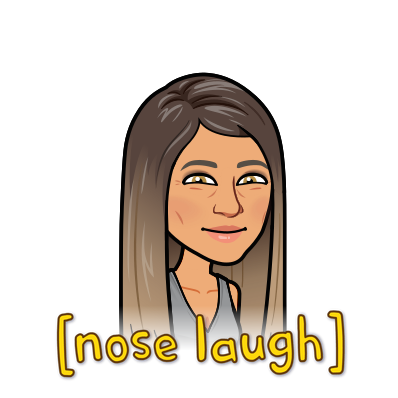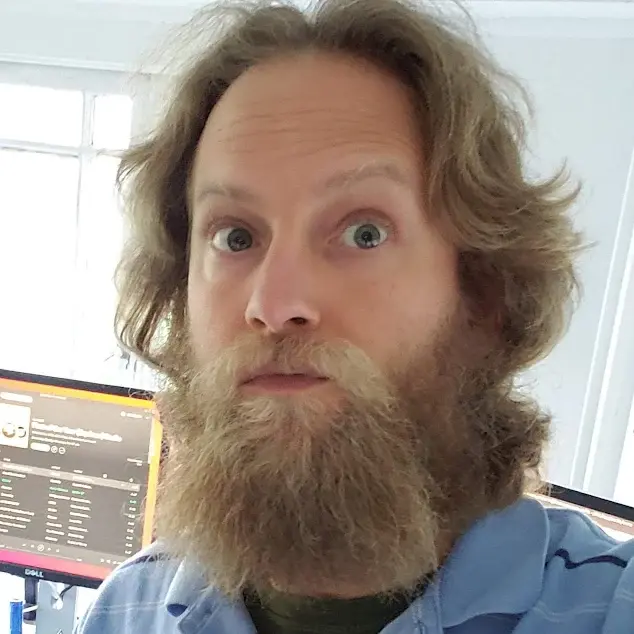How often do you brush your teeth? Sure, we’ve all been told the ‘twice-a-day’ , but how many of us strictly follow it?
Are there any cultures out there with alternative practices that still maintain good oral health?
I’m intrigued to hear your brushing habits, thoughts on this, and any interesting findings you’ve stumbled upon.
I floss and brush religiously every night, have for many years. I had a cavity when I was young and the whole experience was terrible.
I still ended up with multiple cavities as an adult.
I only ever brush before going to bed, never in the mornings.
I probably started doing this around 6-8 years ago, and have had no problems at my annual check-ups.
Dude your breath probably smells and people are too polite to tell you.
On your tongue there are a lot of anaerobic microbes (on everybody’s tongue, it isn’t a hygiene thing, they just live there). When you have your mouth closed for a long time, it creates a oxygen poor environment and these microbes thrive in that. They cause bad breath, so after people sleep or simply have their mouth closed for a while, the breath starts to stink. If you look in a mirror and your tongue has a kinda white or brownish tinge, this is because of the microbes. Everybody should brush their teeth and especially their tongue after sleeping. When looking in a mirror the tongue should be entirely pink and look healthy. Clean the tongue as far back as you can, to prevent bad breath.
If you smoke this isn’t true, your breath will stink no matter what.
So for your teeth it probably won’t matter much not brushing in the mornings, but for your breath it matters a lot.
Genuinely feel for people who have to spend time in enclosed spaces with you.
Congratulations for winning the genetic lottery with the robustness of your teeth, but brushing is also about hygiene. Body odour isn’t physically bad for you, but it is for everyone who has to be near you. Same with your breath.
deleted by creator
Only once per day, in the evening before bed. I have done it all my life(except when I was a kid) and it seems to work for me. Never had any issue with my teeth, at all. I know I should probably do it in the morning aswell, but I cant bother since what I do now works…
My gf used to not brush her teeth in the morning and it stank pretty bad, still I was the first to tell her. Chances are, people arent telling you either.
My wife is pretty sensitive to smells, so I’m sure she would tell me if that were the case. Also, I practise intermittent fasting, so I don’t eat anything before lunch, maybe that helps…
The brushing just before bed is the most important one, so you picked a good bare minimum to uphold. No shade, just curious: how old are your teeth?
I’m 35 years old, I guess teeth slightly younger!
I’m not the guy, but I’d like to challange my English by talking about this topic. I brush my teeth on a “when I remember to” or “when it’s really dirty”. so like twice weekly probably. If I need to apear tidy I ofc brush before it. the only problem with my teeth is that they are not straight, very all over the place actually (hope fully I can get braces soon). Regarding cleannes, (to my knowladge) all my teeth are fine, except of a bit of tartar (hopefully correct word, the hard stuff that acumilates and sticks to your teeth) on two of my teeth. The scary part is thst the dentists I’ve been to did not say anything about it, which leaves me to think they didn’t even see it, that leaves me again to, what else didn’t they notice? The thing that I notice and hints that I should brush is the frequent canker sores (again, let’s hope the right word, little annoying ass white spots that, apears, hurts than dips)
TL;DR: fine, nothing unfixable, minor annoyance
I’m not the guy, but I’d like to challange my English by talking about this topic.
I vibe with that. I’ve been trying to learn a new language as well, so let me try and provide you with the kind of direct feedback that I wish more people would give me. Overall your writing is good enough that I would believe you were a native speaker, albeit a sloppy one. To take your writing to the next level, here’s what I’d change:
I brush my teeth on a “when I remember to” or “when it’s really dirty”. so like twice weekly probably.
This can be rephrased slightly into a more natural expression:
I brush my teeth on a “when I remember”/“when it’s really dirty” basis, so like twice weekly probably
Why: Saying that you do something “on a X basis” is a very common pattern for this type of expression. I switched to using “/” instead of “or” here to because this particular pattern is so strongly fixed that we can’t add extra words to it without sounding unnatural. I also combined the sentences together because one single compound sentence is generally more pleasing than two simple ones.
except of a bit of tartar (hopefully correct word, the hard stuff that acumilates and sticks to your teeth)
Yup, that’s exactly the right word. It would have also been acceptable for you to say “gunk”, since “tartar” is a specialized word that not everyone will know.
The scary part is thst the dentists I’ve been to did not say anything about it, which leaves me to think they didn’t even see it, that leaves me again to, what else didn’t they notice?
You’ve made excellent use of the trailing question mark! This is exactly the right tone for what I believe you were going for here, though your verb tenses are a little mixed up. Here’s what I’d change to bring the tenses back into alignment:
The scary part is that the dentists I’ve seen haven’t said anything about it, which leaves me to think they didn’t even see it. It makes me wonder what else they didn’t notice?
Why Part 1: You’ve combined “I’ve been to” (present perfect tense) with “did not say” (past tense) inside of the same clause. Mismatches like this sound quite bad because native speakers have a strong intuition for tense construction. Here the issue is fixed by simply changing the entire clause into the past tense, though we could have just as easily done the opposite and made the whole clause present perfect (i.e.: “the dentists I’ve been to won’t say anything about it”).
Why Part 2: It gets difficult to read sentences when they become this long, so I broke it into two. Note the much shortened second sentence. I did this because English speakers tend to favor a kind of long/short/long/short rythm in speech and writing. Less grammar on “down beats” feels better. It’s a pretty cool trick to use once you get the hang of it, don’t you agree?
The thing that I notice and hints that I should brush is the frequent canker sores (again, let’s hope the right word, little annoying ass white spots that, apears, hurts than dips)
This sentence is actually a really good learning opportunity because it reveals something about English-speaking culture: we hate attributing actions to passive objects. Yes… it’s not technically wrong to say “the things that hint I should brush are canker sores”, but it still feels wrong unless you’re writing poetically. Here’s how I’d write it instead:
When I get frequent canker sores it’s a hint that I should brush.
Why: Canker sores no longer do the hinting. It’s you who gets the canker sores and they merely exist as hints. Alternatively, you could even phrase it like this: “Increasingly frequent canker sores tell me that I should brush”. If we anthropomorphize “canker sores” as actively intelligent beings, we’re allowed to attribute actions to them without falling into the “passive object action” trap. Yes… this stupid language really works like that. We will go so far as to pretend that canker sores are sentient if it means we can blame stuff on them. I am sorry 🙏
This is the type of shit I missed seeing on Reddit. It’s a breath of fresh breath 😃 seeing someone just genuinely caring to help someone learn a second language because it’s a kind thing to do. Thank you both for this interaction!
Main reason you need to brush daily is because plaque turns to tarter after about 24-36 hours. Plaque is soft and can be brushed off. Tarter on the other hand is hard as your enamel. Brushing will not remove tarter. Overtime the tarter will build up and get under your gums and cause your teeth to separate from your jaw. It’s why going to the dentist twice a year for a cleaning is so necessary as they will scrape off the tarter that builds up.
Gum health is another factor that brushing alone will not take care off. Flossing will prevent bacteria growth and infections. That’s another source of how people lose their teeth as they get older.
Bottom line is without daily oral care you will lose your teeth as you age.
im in trouble then 🙃
Only if you keep doing what you’re doing. You have a choice ultimately.
yes, well, I don’t plan to stay like this ofc.
When I wake up and before bed
Same, but I’ve combined my teeth brushing with showering. It gives you a nice excuse to zone out in the shower for just a bit longer.
Pro tip: if you call zoning out “meditating” (because that’s what it is) it makes you feel more put-together and successful. Congrats on your practice of hydrotherapy meditation.
Ooo that’s fancy, I like it!
3 times a day.
I brush after each meal, floss after lunch, and use a waterpik after dinner before brushing.
Probably excessive, but it’s less than 15 minutes a day total to keep my teeth happy.
Thats absolutely bizarre to me. Do you travel at all? How does that work?
deleted by creator
You just leave the house in the morning like that?
deleted by creator
deleted by creator









